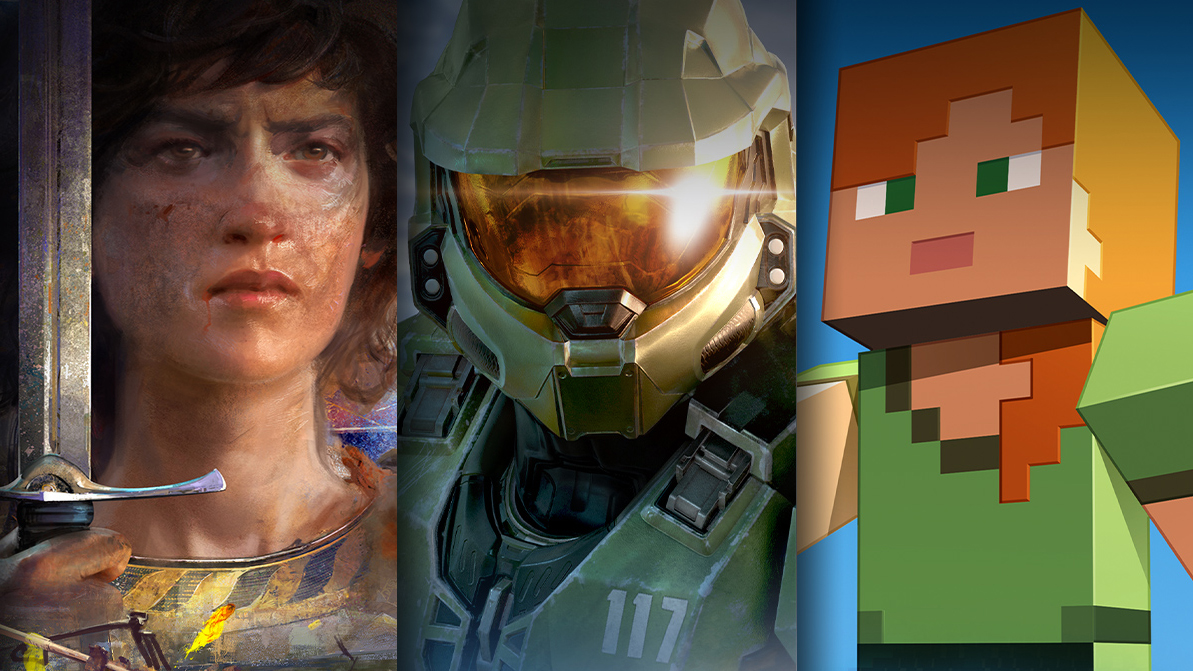Microsoft doesn't see Game Pass as a replacement for game purchasing
Phil Spencer emphasized the importance of choice in a recent interview.

Xbox boss Phil Spencer isn't prepared to predict a totally Netflix-ified future for videogames just yet. In an interview with the New York Times, the head of Microsoft's gaming division said that the retail market "continues to be very strong and grow."
"So let's make sure we offer our customers choice between subscriptions and transactions," he said.
Regarding Microsoft's efforts with cloud streaming, Spencer agreed that it's a bit like Netflix, but was quick to note that buying games individually is a "traditional part of gaming," and not something he has plans to phase out. Nor would it make sense to, since the rapid growth of Game Pass has still not put it ahead of retail game purchases.
"Transaction is bigger than subscription," said Spencer. "Subscription is growing faster, just because it’s relatively new. And with Game Pass, we were one of the first movers in that space. But the transaction business is very large. We still sell physical discs."
Xbox Game Pass and its relevant-to-us sibling PC Game Pass have represented a minor dilemma for me. On one hand, it makes obvious sense to recommend that everyone take advantage of the $1 introductory offer and spend a month playing as many co-op and singleplayer games as they can. Even at the $10 a month regular price, a Game Pass subscription is a great value if you play a lot of games, of which the PC version includes over 400. On the other hand, I feel a bit like I'm writing a confession to a future self who will one day look back on this article as he struggles to understand how we could've been so foolish as to let subscribing to game libraries replace buying videogames.
And although it doesn't seem like cloud streaming is going to replace downloading games anytime soon—Google's Stadia revolutionized gaming about as well as the Segway revolutionized walking—a lot of powerful companies still think it's the future, Microsoft included.
"I think cloud is critical," said Spencer. "And Netflix clearly has cloud. Amazon has cloud. Google has a real cloud capability."
Keep up to date with the most important stories and the best deals, as picked by the PC Gamer team.
In that respect, Spencer thinks Microsoft has the edge, because along with cloud streaming tech, it already knows how to make games.
"But without content, community and cloud, I think getting into gaming right now—and you see this in what Netflix is doing," he continued. "I think it's smart what they're doing. They're buying some studios. They're learning about the creative process of interactive entertainment. And I think it's a very smart way for them to move into the space. For us, we just started this many, many years ago."
Fair point! New World was Amazon's first big successful game, and it took years of trying. Microsoft, meanwhile, released loads of popular games last year: Halo Infinite, Forza Horizon 5, Age of Empires 4, Psychonauts 2, and I can't forget Deathloop, because Bethesda and Arkane are now Microsoft companies, which still feels weird.
I'd agree that Microsoft is well-positioned to lead the charge into subscription and cloud gaming, so it's nice to hear Spencer say that the old ways are sticking around for now. I'm not sure I entirely believe him, though. Will ye olde game purchasing really survive the next two decades, given we're already at the point of calling it "traditional"? I'm not sure.
Spencer gets talking about a number of other subjects in the wide-ranging NYT interview, including Activision Blizzard and the sexism allegations it faces ("Xbox's history is not spotless") and ideas about the so-called "metaverse." You can read or listen to the interview here.

Tyler grew up in Silicon Valley during the '80s and '90s, playing games like Zork and Arkanoid on early PCs. He was later captivated by Myst, SimCity, Civilization, Command & Conquer, all the shooters they call "boomer shooters" now, and PS1 classic Bushido Blade (that's right: he had Bleem!). Tyler joined PC Gamer in 2011, and today he's focused on the site's news coverage. His hobbies include amateur boxing and adding to his 1,200-plus hours in Rocket League.

